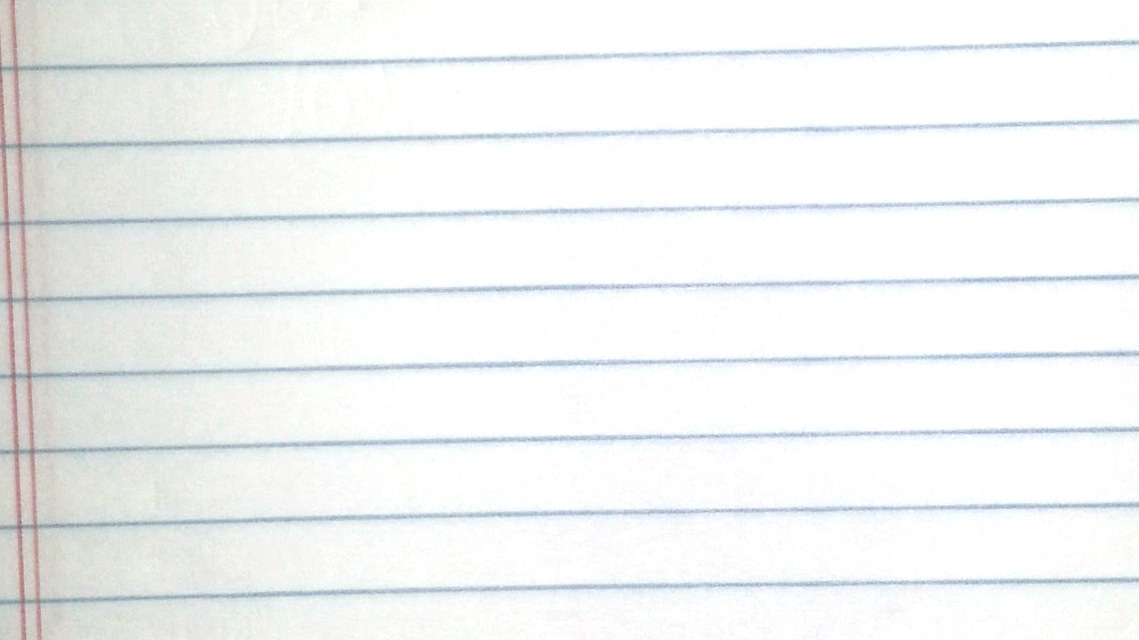No debate about it
On extemporaneous speeches, No. 2 pencils, and how to learn the most in the shortest time about our Presidential candidates
No small number of students still apply for college admissions or for scholarships via written essays. As with any sorting test, the written essay has its imperfections and its drawbacks. Yet it also offers a reasonably fair set of conditions under which the applicant can demonstrate their clarity of thought.
■ Writing isn't the only skill that matters, but it is almost universally demanded of people in the professional class. In part, we expect writing because we expect to have our time respected: Most people read much faster than anyone can naturally speak (or listen).
■ Whereas even a gifted speaker can stumble, meander, or misquote when called upon for an extemporaneous reply to a question, writing offers the respondent an opportunity to think through a persuasive case and otherwise organize their thoughts before subjecting them to scrutiny.
■ While it will be a welcome development to have a Presidential debate without a noisy audience to tip the scales of public perception, it remains the case that the best alternative to televised Presidential debates would be to demand live-written responses to important questions (maybe even the same ones as get asked aloud during debates).
■ We typically conduct televised debates with the gravitas of a game show, when instead they ought to be treated as the most consequential job interviews on Earth. From time to time, maybe we need the comic relief of a "youth and inexperience" moment to serve as a cultural bond.
■ But if we really wanted to plumb the minds of our candidates, we'd do better to hand them some blue composition books and a set of sharpened No. 2 pencils. No aides, no ghostwriters, no pollsters. Just the candidates and their own ideas.



